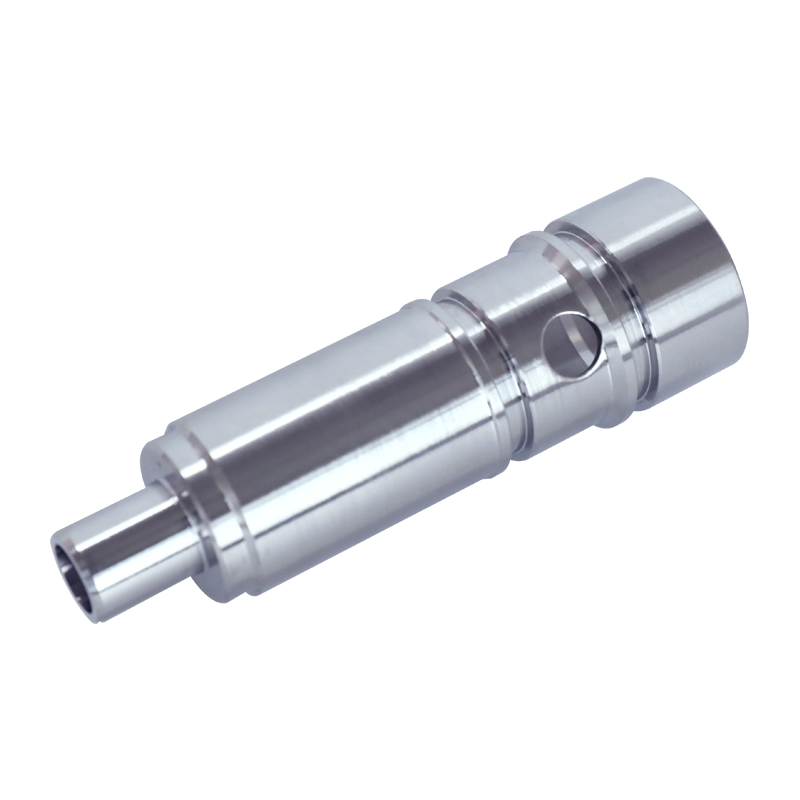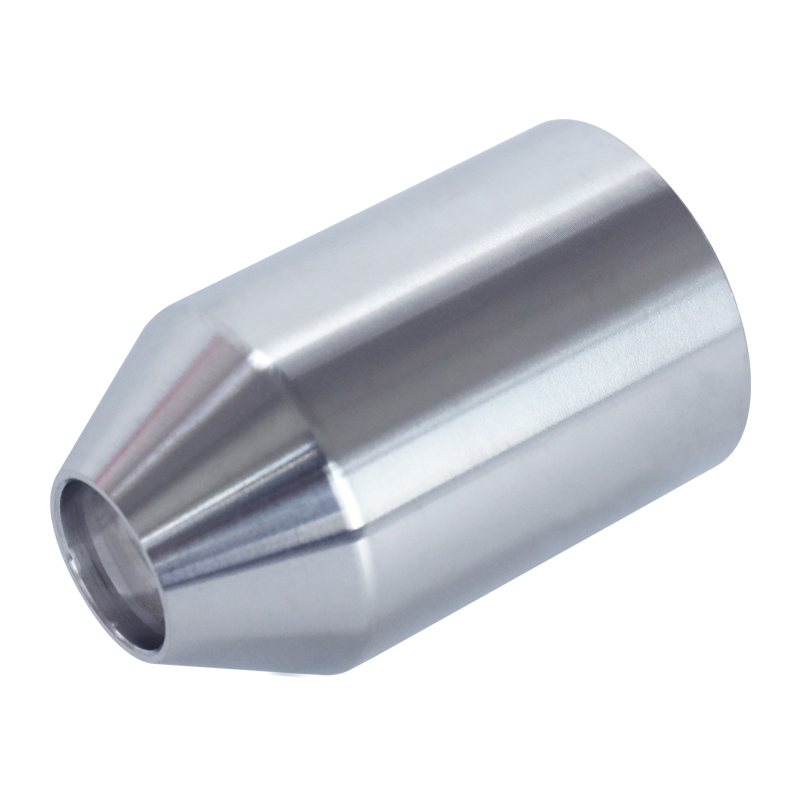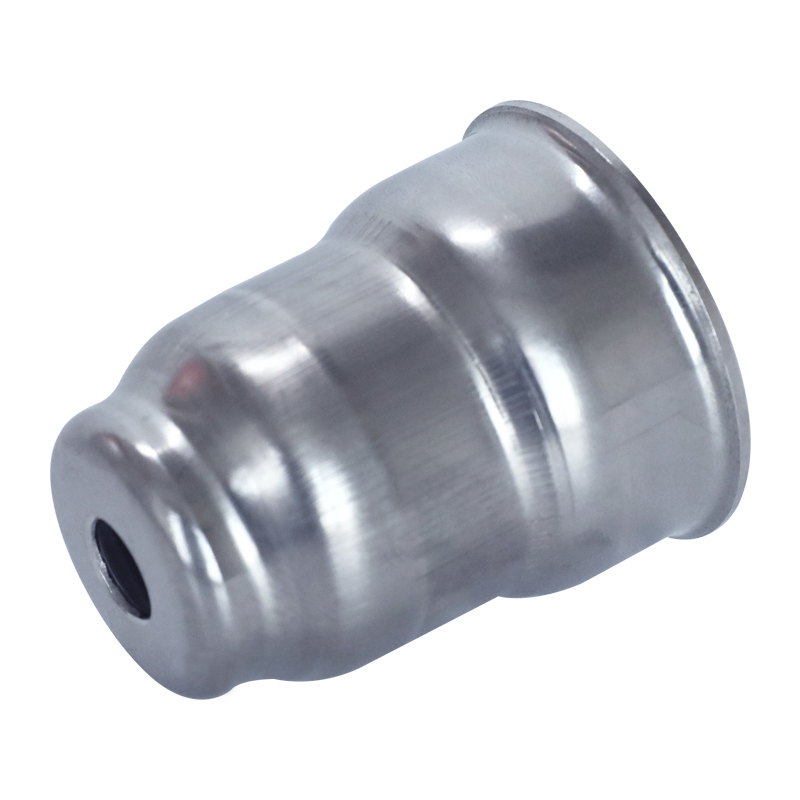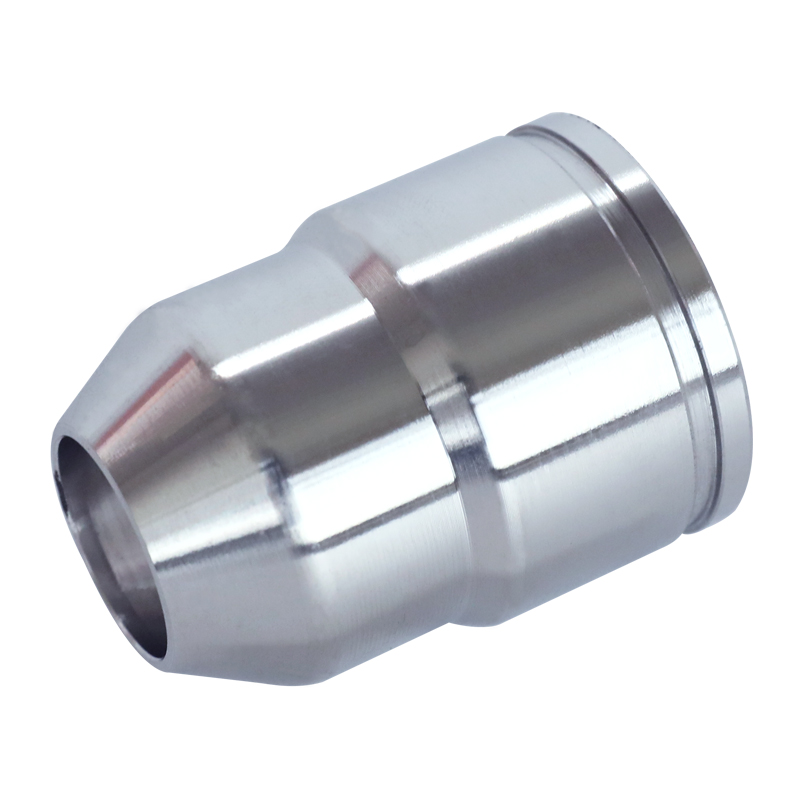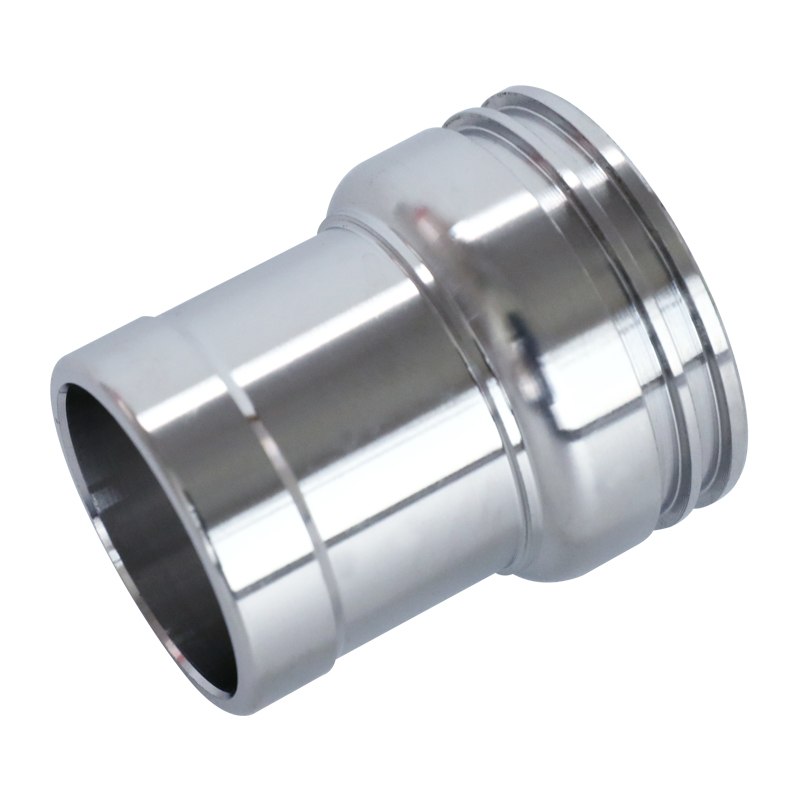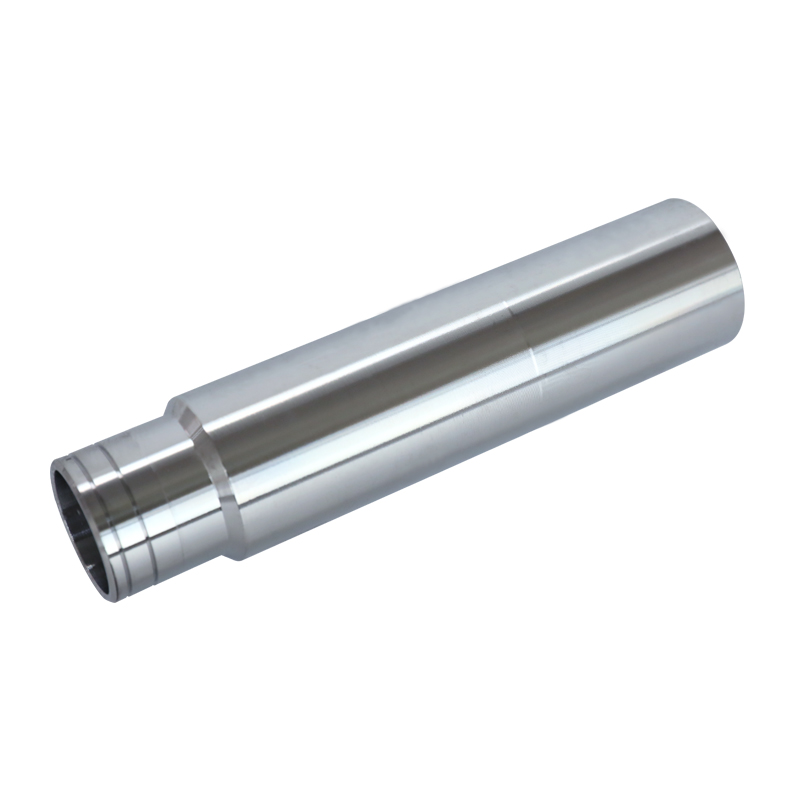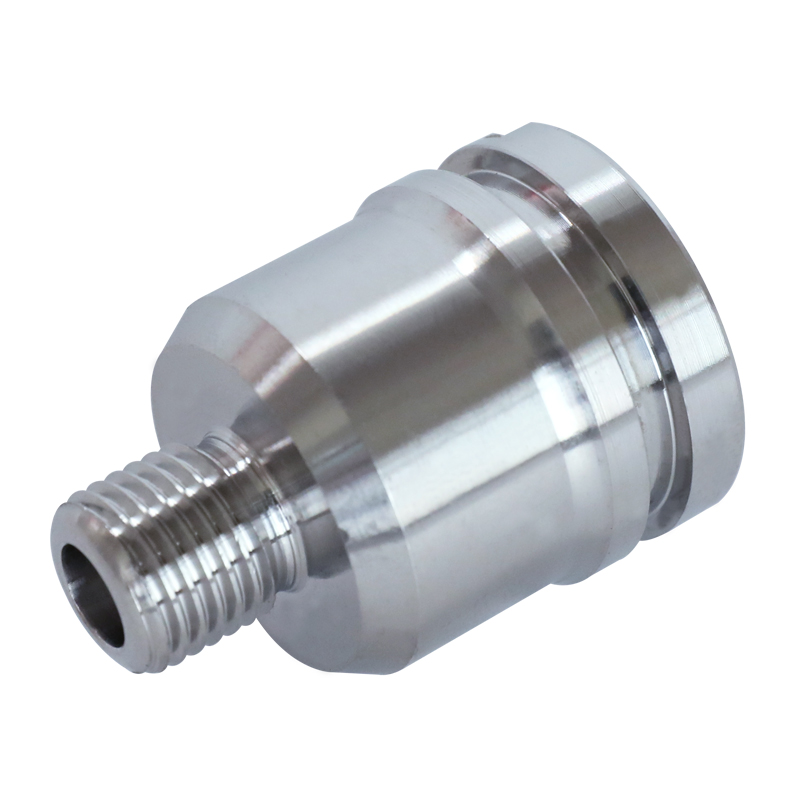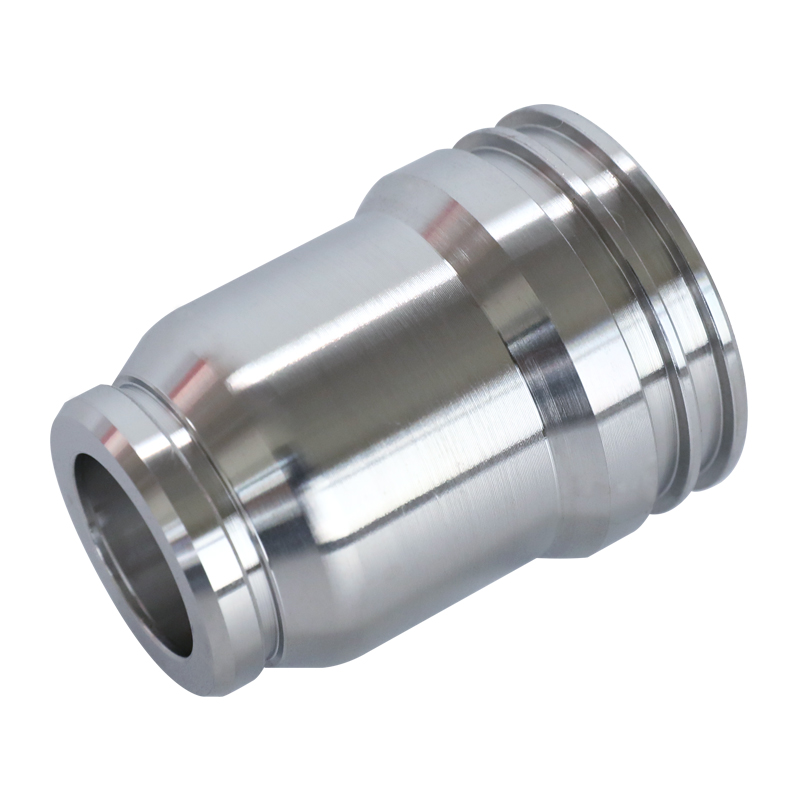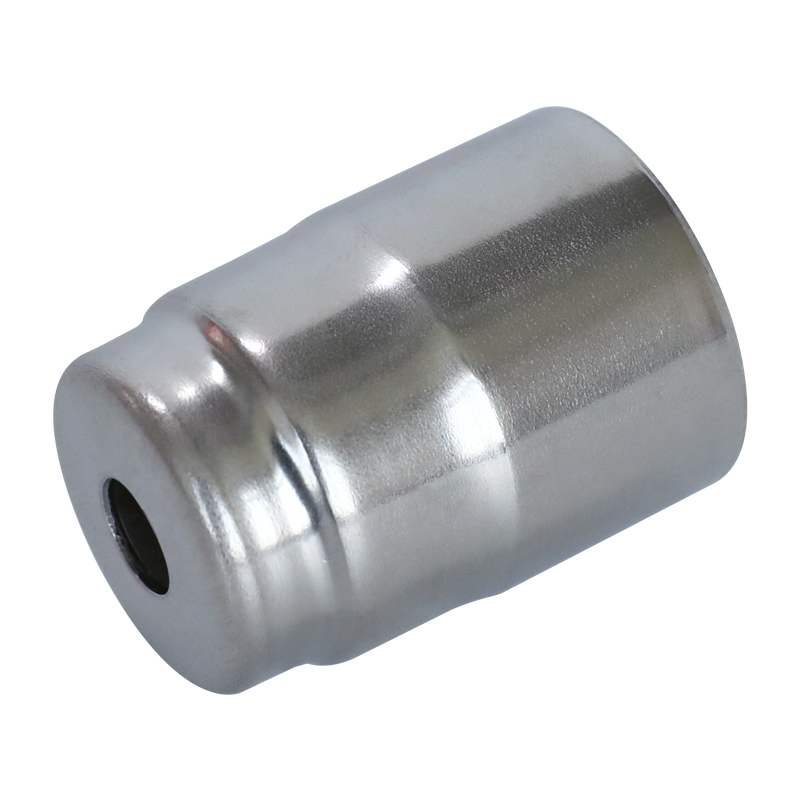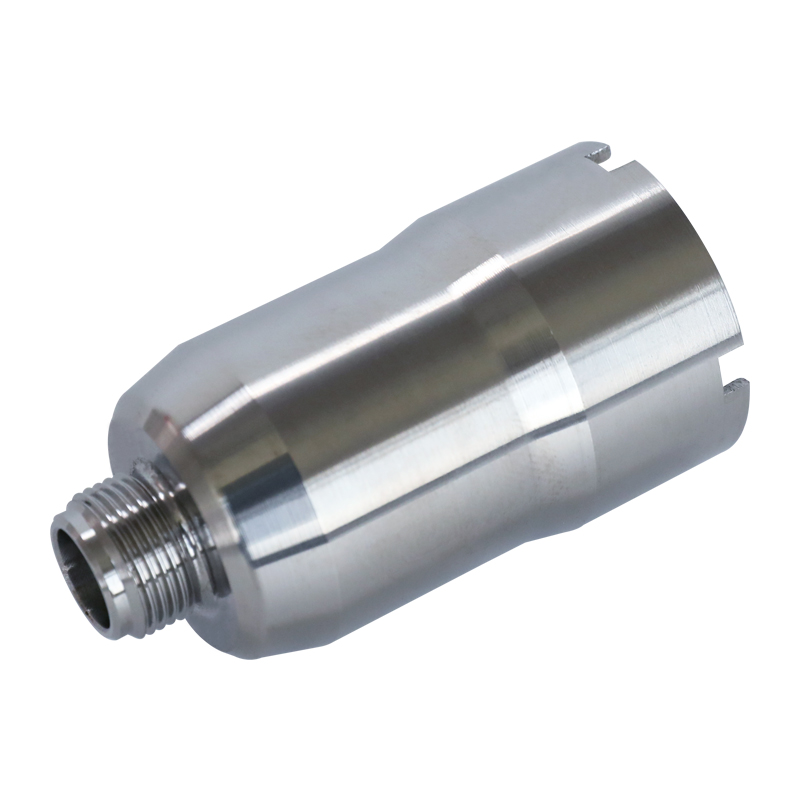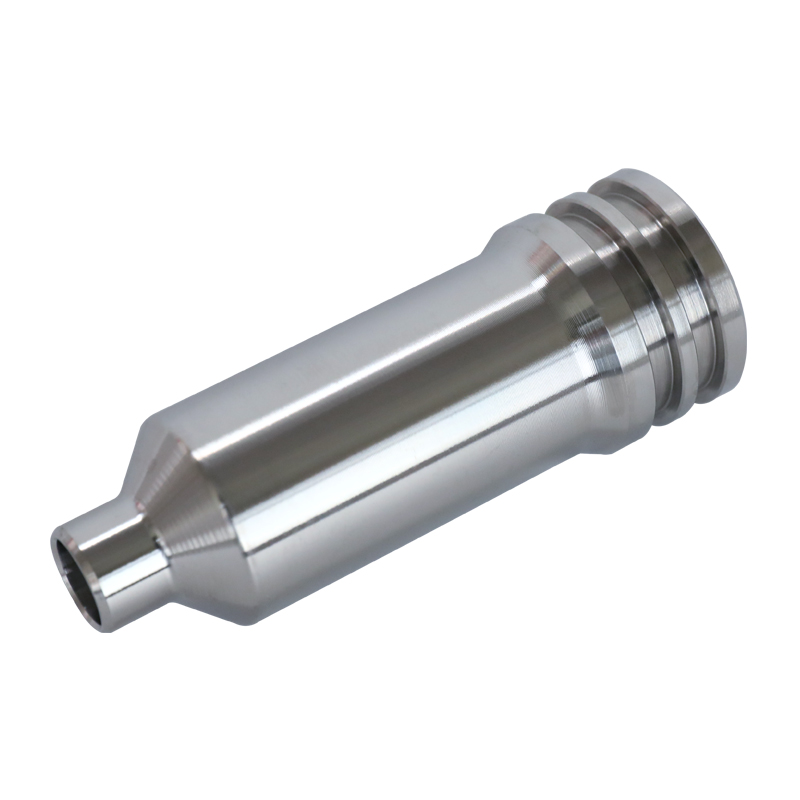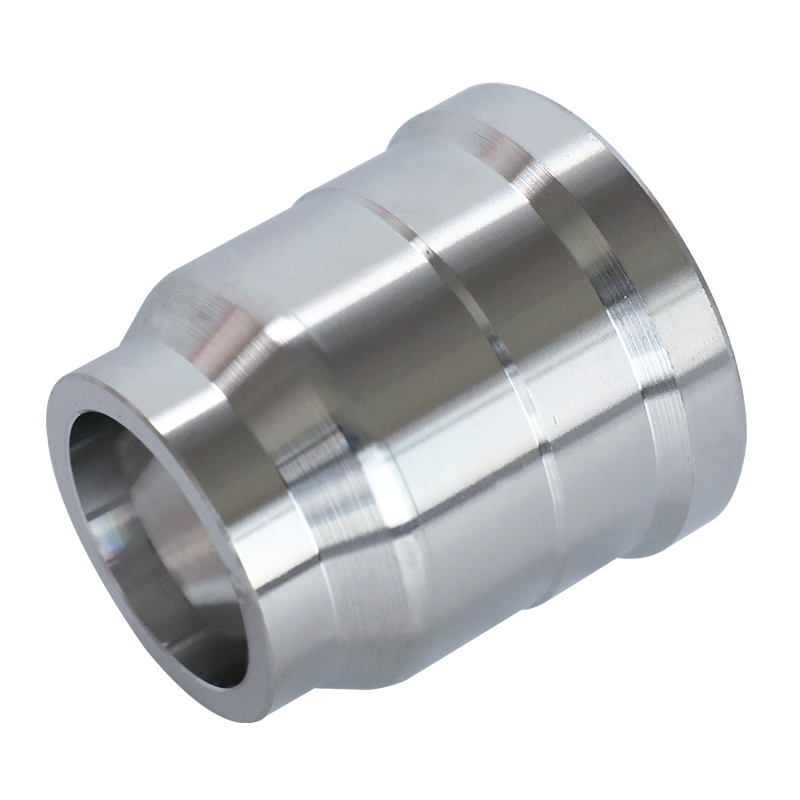Trailer cables play a vital role in automotive systems, and their design needs to consider flexibility and durability to ensure stable and reliable operation under various working conditions. This article will delve into how to balance these two critical needs in trailer cable design and provide corresponding technical recommendations.
In trailer cable design, material selection directly affects the flexibility and durability of the cable. To balance these two, materials need to be chosen that are flexible enough to ensure that the cables are not susceptible to damage from the bends and twists involved in towing operations. At the same time, materials that are resistant to wear, grease, and environmental damage are selected to improve the cable’s durability.
Trailer cables often need to be bent and twisted during use, so the bending radius in the design needs to be scientifically determined. A reasonable bending radius not only ensures the flexibility of the cable, but also avoids cable fatigue and damage caused by excessive bending. In design, actual usage and bending frequency need to be considered to determine the optimal bending radius.
To increase the durability of trailer cables, a common design is to use a braided jacket. This sheath is usually made of abrasion-resistant material and provides additional protection to the cable. In addition, the use of tensile-resistant designs for cable portions that may be subject to traction forces can enhance the durability of the cable, especially under frequent stretching and slackening conditions.
Trailer cables are often exposed to moisture, so waterproofing is critical. In the design, additional measures such as waterproof connectors and sealants are used to ensure that the cable system is not susceptible to moisture damage. Increased water resistance not only helps maintain electrical performance but also extends the life of the cable.
In order to ensure the performance of trailer cables under different environmental conditions, strict environmental adaptability testing is required. These tests simulate different climate, humidity and temperature conditions to fully evaluate a cable's flexibility and durability performance.
Throughout the production process, quality control and manufacturing processes are critical to balancing flexibility and durability. Precise production processes and high-standard quality inspection methods are used to ensure that each trailer cable meets the design requirements, thereby improving overall performance and reliability.
The trailer cable connector is a critical component of the entire system. When designing a connector, it is necessary to consider the firmness of the connection, waterproofness, and ease of plugging and unplugging. Comprehensive connector design helps improve cable durability while maintaining overall system flexibility.
Through the above methods and technical means, the design of trailer cables can find the right balance between flexibility and durability. Such a balance can not only meet the flexible needs of cables in trailer operations, but also ensure that the cables maintain reliable operation for a long time in various harsh environments and usage conditions.




 English
English Español
Español Deutsch
Deutsch